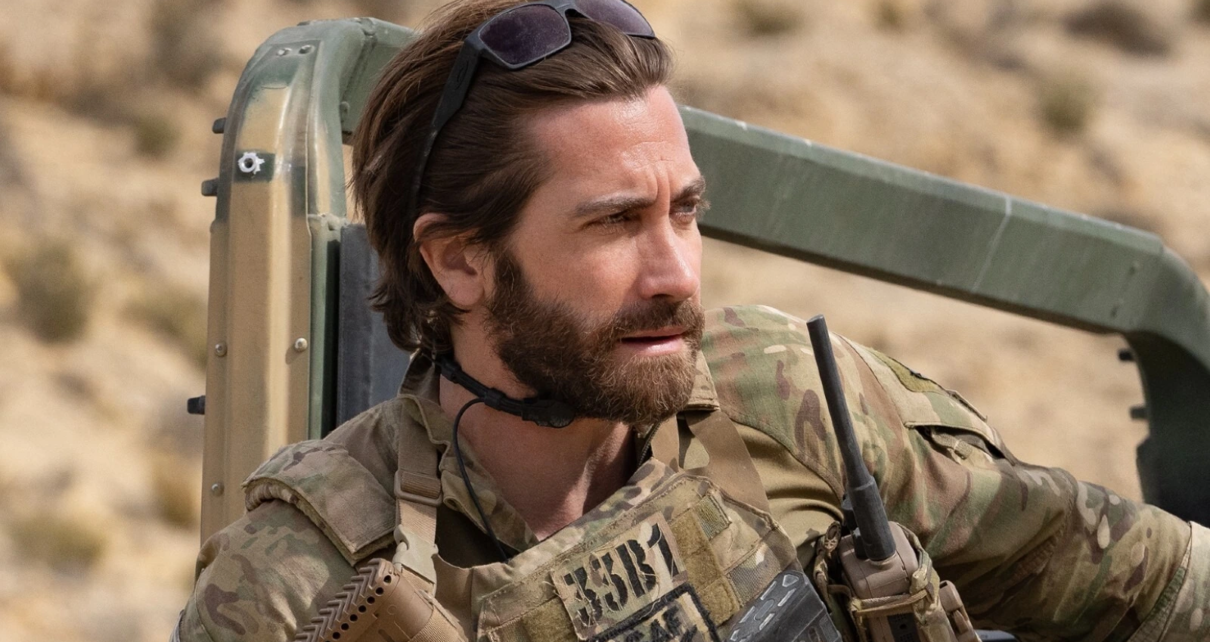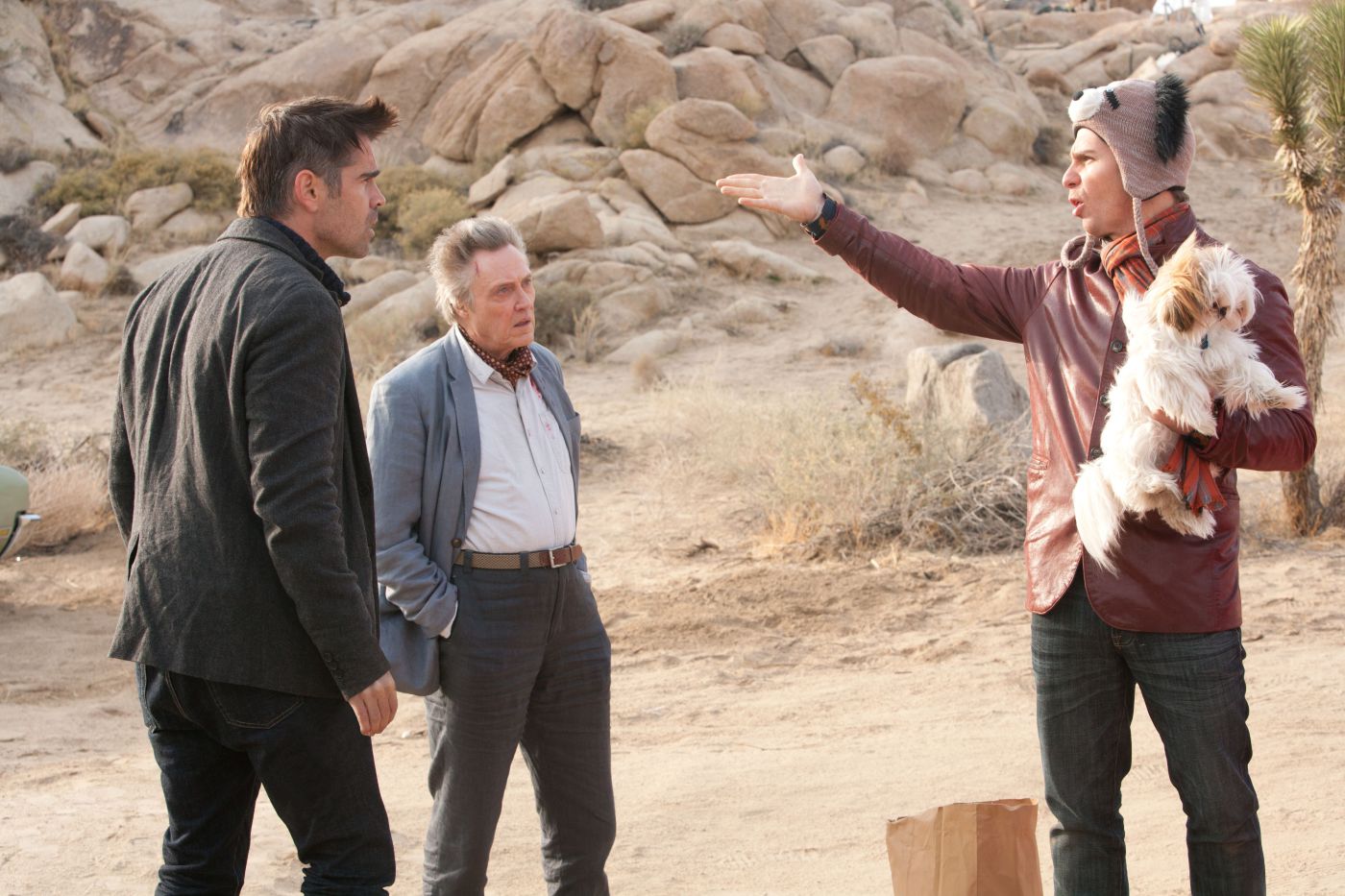Somebody is going to have to explain to me why the United States spent twenty years in Afghanistan. Before you invade a place, you need solid intel and solid justification (or, better yet, a formal declaration of war from an opponent) … all of which we didn’t have. And when you begin a war, you need an endgame plan, which we didn’t have, and when you occupy a place, you need an understanding of how occupation will be anything other than terrible, which we didn’t have. But forget all that; at least history was on our side, right? Powerful armies have invaded, waged war, and occupied Afghanistan to the benefit of everyone, right? Right?
I will never tire of how misplaced American xenophobia naturally creates problems. No, it isn’t good enough for Americans to treat foreigners with antipathy; we have to compound the issue with invasion, death, and then straight denial of those locals who helped us out along the way, which brings us to today’s film, Guy Ritchie’s The Covenant.
Rarely will you see a film more neatly divided into three Acts. The first Act is the prelude to the awful thing. It’s about the occupation of Afghanistan and the ongoing battle between the United States military and the native Taliban. Act II is the aftermath between the awful thing and safety, which is essentially a manhunt for an injured soldier about some of the worst conditions on the globe. Act III is the revisitation of the battle field, where all that occurred in Acts I and Act II needs to be atoned for and only an ingrate would argue otherwise.
It is years into the United States invasion and occupation of Afghanistan and things are going … as one would expect. The occupying force is indeed a force, but such matters little when every single native is a potential threat. That’s how occupying works. The US military goes through interpreters like tissue paper because 1) the job is extremely hazardous and 2) the military doesn’t treat them very well. On the one hand, interpreters are needed in all conversation, including talks that will escalate quickly to violence and on the other, the interpreters themselves –often being native- are accused by many locals of being traitors.
After losing an interpreter to a roadside bombing, U.S. Army special operations sergeant John Kinley (Jake Gyllenhaal) has to recruit a new one, selecting Ahmed Abdullah (Dar Salim). Ahmed proves more useful for good and bad; he’s clearly a native Afghani local and one gets the distinct impression he’d be Taliban were it not for an ugly incident in his past. Sergeant Kinley is wary about the guy he just met knowing more about situations than he should know. Hey, wouldn’t you? Here’s a guy you just met saying, “Hey, this is a trap” and  he’s right. How does he know? And how can you trust him? (And is there an element of racism in it? i.e. would you trust him more if he shared your ethnicity?)
he’s right. How does he know? And how can you trust him? (And is there an element of racism in it? i.e. would you trust him more if he shared your ethnicity?)
Afghanistan isn’t a terribly forgiving place for military mistakes. This has been true for, literally, thousands of years. So when Ahmed anticipates trouble in a search for Taliban weaponry, Sgt. Kinley takes notice … and then he finds Ahmed has beaten up and pulled a gun on a fellow soldier. Terrific. Exactly the kind of dilemma I want when there’s a potential ambush around the corner. This pre-lim exists for good reason; in a film like The Covenant, it is just a matter of time before the worst happens.
(I don’t want to give it away, but I will say that Act II is more moving than Act I and, of anything, Act III is even more moving than the first two)
I am solidly on the fence between “good film” and “great film” here. One has to appreciate the verisimilitude in that The Covenant feels like a real-life story. Are you sure this didn’t happen? The details all feel right. Would I like the film better had I known it were based on a true story? No. Not at all. (But mostly because I’ve begun loathing seeing such words on the big screen; far more often than not, they lead to underwritten scripts for obvious reason). At first, I was unmoved by the simplicity of tale. In Act I, X happens, in Act II, Y happens and in Act III, Z happens; in retrospect, however, I cannot deny the power within the simplicity and the story-telling. I find it amazing that the usual Guy Ritchie film is ridiculously over-written with all sorts of cartoony violence. The Covenant is just the opposite and it works better. This film feels a great deal like Argo, and for good reason. I’m calling it more great than good, and I’m starting to generate a greater appreciation for Guy Ritchie, filmmaker; if he can just keep avoiding Madonna.
There once was a traitor Afghani
Who investigated ev’ry nook and cranny
When quizzed instead
About Taliban cred
He confessed, “I haven’t got any”
Rated R, 123 Minutes
Director: Guy Ritchie
Writer: Ivan Atkinson, Marn Davies, Guy Ritchie
Genre: War, what is it good for?
Type of being most likely to enjoy this film: Fans of brotherhood
Type of being least likely to enjoy this film: People who loathe the title



